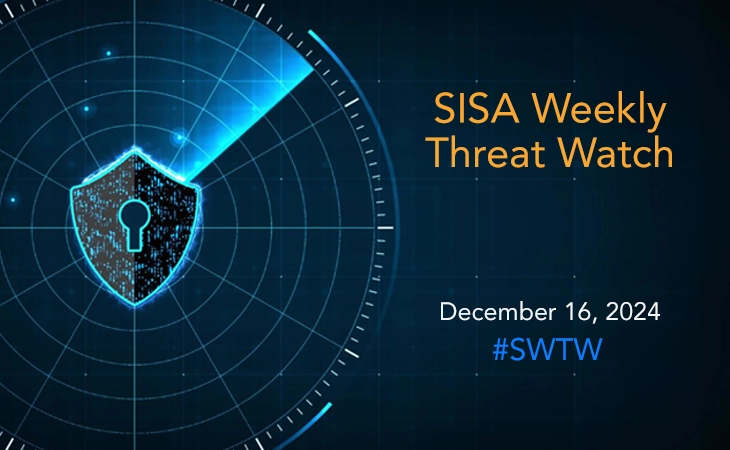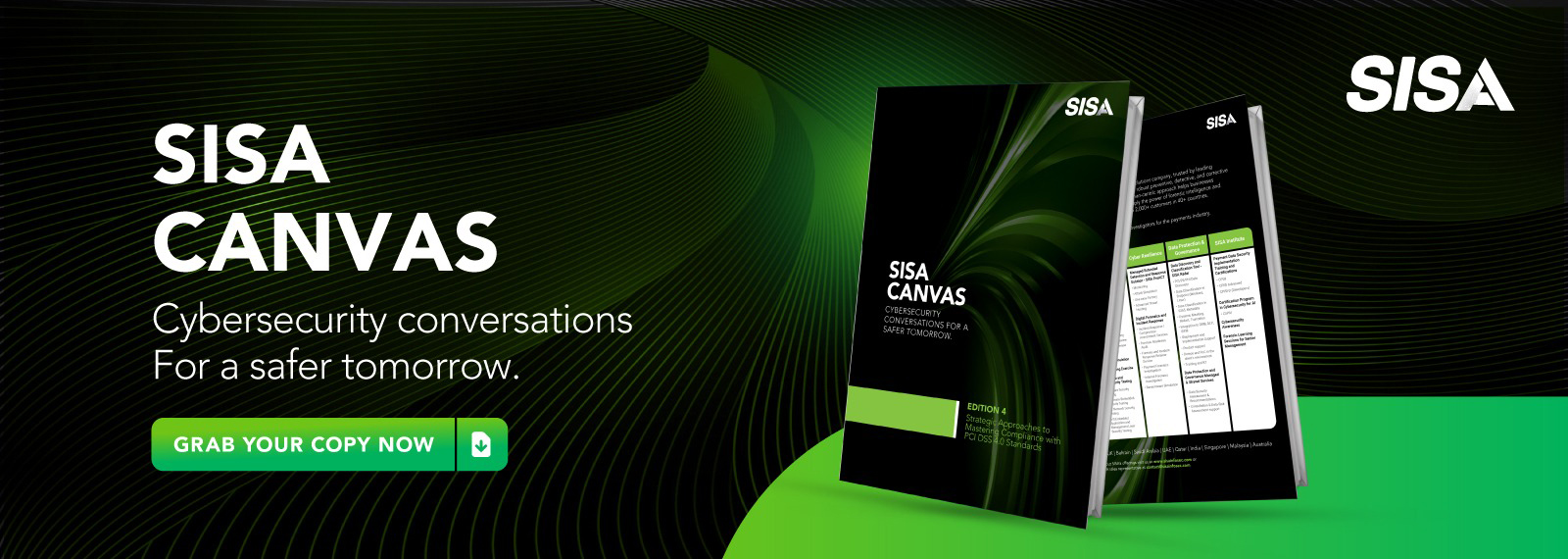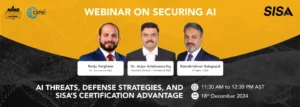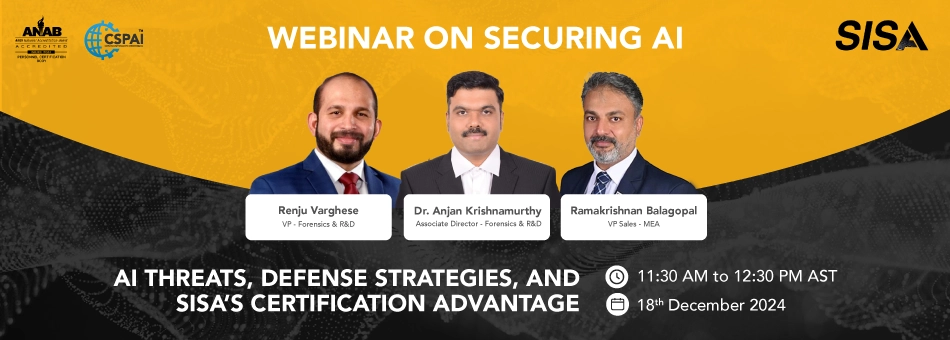Judgment Day – Quashing of Section 66A of IT (Amendment) Act 2008

On March 24th, 2015 a landmark judgment was delivered by Supreme Court (SC) of India pertaining to online freedom of expression. A controversial legislative Section 66A of IT (Amendment) Act 2008 was declared as unconstitutional by SC. Interestingly, many complaints were made before regarding the widespread abuse and misuse of section 66A. But what finally prompted the apex court to announce its verdict on Section 66A.
Let’s examine the situation a bit more closely.
Here is what Section 66A of IT Amendment Act 2008 states
66A. Punishment for sending offensive messages through communication service, etc.
Any person who sends, by means of a computer resource or a communication device,:
- any information that is grossly offensive or has menacing character; or
- any information which he knows to be false, but for the purpose of causing annoyance, inconvenience, danger, obstruction, insult, injury, criminal intimidation, enmity, hatred or ill will, persistently by making use of such computer resource or a communication device,
- any electronic mail or electronic mail message for the purpose of causing annoyance or inconvenience or to deceive or to mislead the addressee or recipient about the origin of such messages,
shall be punishable with imprisonment for a term which may extend to three years and with fine.
Explanation: For the purpose of this section, terms “electronic mail” and “electronic mail message” means a message or information created or transmitted or received on a computer, computer system, computer resource or communication device including attachments in text, images, audio, video and any other electronic record, which may be transmitted with the message.
What is stated in Section 66A of IT which makes it so “vague” and “open to interpretation”?
For the purpose of this Act we might concentrate on the following terms used in this section. Note the terms “grossly offensive”, “annoyance”, “inconvenience”, “hatred” etc. These terms are not explained or defined clearly in the context of the Section 66A of IT.
- A statement which may appear “grossly offensive” to one may not be the case with another.
- A nasty joke or and “acidic” remark can invoke “annoyance” or may cause “inconvenience” to a sensitive person, but others might take it more maturely and laugh it off.
- A person may have different opinion, but may cause “annoyance” to someone who is not agreeing to it. Does this mean the differently opinioned person has committed a “crime”?
- A group might be staging protest for some policy due to difference in opinion etc. but if it causes “inconvenience” to policy makers in implementation and explain their point of view; does that mean protests should automatically labeled called as a “crime”? It might be they are right in their own way.
More importantly, above terms are not clearly defined in ambit of ITAA 2008 or in context of this Section 66A of IT. It is important to note that note that in the very same section, terms of “electronic mail” and “electronic mail message” are very clearly put forward.
Cases which demonstrated Section 66A of IT has been misused:
Here is a list of famous cases reported which aptly demonstrate that Section 66A has been persistently misused by law enforcement since it its ambit is so wide and so pervasive due to ambiguity involved.
- In year 2012, two girls from Palghar were arrested for posting comments against Mumbai lockdown following death of Shiv Sena leader on Facebook. The other girl just “liked” the post. The post was quickly deleted following the protests, but police made the arrest nonetheless. The girls were later released.
- On March 18, 2015, a boy in UP was arrested for making objectionable comments against a senior SP leader.
Proactive Measures:
A PIL was filed by law student Ms. Shreya Singhal in 2012 to strike down Section 66A of IT terming it “too vague”, “open-ended” and “unconstitutional”. On May 16, 2013 an advisory was floated by Apex court on interpretation on Section 66A.
Things really got escalated when despite the issuance of advisory, on March 18, 2015, police made the arrest w/o any approval from senior police official. Noting this incident, Supreme Court heard the Government and PIL activist’s pleas for the case and gave it verdict on March 24, 2015.
Defence made by the government for saving Section 66A of IT
- The current government was ready to provide immediate assurance to SC that it will not make “wrong” use of Section 66A.
- The Government proactively suggested clarification of 66A by adding certain clauses to Section 66A in order to save its constitutionality.
The Supreme Court rejected both the pleas made by Government on following grounds
- Assurance alone cannot guarantee its misuse from future governments. Governments may change, but Section 66A will stay on.
- Even if seen in light of “promoting general public interest”, government cannot curb constitutional right of a citizen of “free speech”
- Section 66A is too vague, very open – ended, can be interpreted in multiple ways and hence doesn’t qualify as a “reasonable restriction” as per term defined in Section 19(2).
Supreme Court’s final verdict on Section 66A of IT
- Section 66A arbitrarily, excessively and disproportionately invades the right of free speech and upsets the balance between such right and the reasonable restrictions that may be imposed on it. The court said the liberty of thought and expression was a cardinal value of paramount significance under the Indian Constitution.
- Three concepts fundamental in understanding the reach of this right were discussion, advocacy and incitement. It ruled that only when a discussion reaches a point of incitement; it becomes eligible to be curbed on grounds on public order.
- Under the Indian Penal Code (IPC), mere causing of annoyance, disruption, threat, etc., or being grossly offensive is not an offence at all.
Source: http://supremecourtofindia.nic.in/FileServer/2015-03-24_1427183283.pdf
The way forward:
Scrapping of Section 66A from IT Act 2008 is a welcome move by the SC to uphold the right of free speech and expression in a democratic country. It infuses great confidence among countrymen and provides assurance that their democratic freedom of expression will not be unnecessarily curtailed by law enforcement.
After all, this doesn’t mean we can post anything online and get away with that; rather a more balanced opinion should be put forward before posting anything online in a courteous manner.
The above views expressed by the author is personal.
 USA
USA India
India APAC
APAC Middle East
Middle East Global
Global

 Facebook
Facebook Linkedin
Linkedin  X
X Youtube
Youtube








